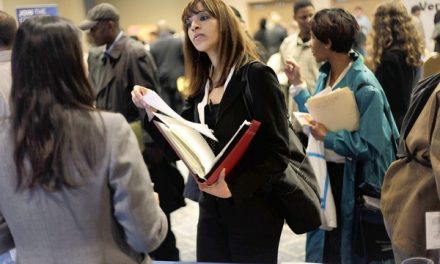By Dinos Toumazos
Although many countries in the western world accept waves of desperate migrants, with differences in intensity and dimension from country to country, the phenomenon has an exceptional relevance for us here in Australia.
This is due to the following facts:
Excluding the small percentage of indigenous people, we, the remaining residents of the country, are all migrants of no more than a handful of generations.
Compared to the number of illegal migrants that other countries accept, the percentage that reaches Australia is minimal.
The number of temporary migrants in relation to the country’s population is also very small.
- Despite the current economic crisis afflicting western societies, Australia’s population of 22 million makes it possible to offer humane and dignified living conditions to desperate people. Approximately 2,000 such people, having suffered the terrifying, life threatening trials of the escape route, have succeeded in reaching “terra firma” and achieved their aim of survival. In Greece, for example, where access is easier but the possibilities of being welcomed are minimal (currently nonexistent), the number of illegal migrants is huge (10% of the total population) and the economic dangers the nation faces are obvious. How should a prosperous and difficult to enter country like Australia treat those people who successfully land on its soil?
Measures taken by the Australian Government:
The policies of the government towards these desperate people truly dishonor our country, especially when bearing in mind the above factors. It is only reasonable that a policy that threatens the security, prosperity and quality of life of Australian citizens would be and is unacceptable, but it is also unacceptable that the country remains apathetic to the plight of these human beings, whose current unenviable position is not due to any fault or choice of their own. Their flight is caused by politics, wars, environmental factors and, in some cases, a result of our own “civilised” responses to their problems. Their desperation forces them to embark on missions of “life or death”.
It is unacceptable that Australia treats them with such cold-heartedness, that it secludes them in outback confinement centres under questionable conditions – as if by throwing them a plate of food it fulfills its international and moral obligations, while in essence it only adds to their insecurity by denying or delaying the granting of asylum. Their loss of freedom has its own traumatic lasting effects, especially on the young and the insecure. This has been well documented.
What role can Australian citizens and Australians of Greek heritage play? Despite the extremely embarrassing new migration policy of the government, which will be in force for 6 months before commencing reassessment of refugee status, we need not sit idly by and complain, but should instead organize ourselves and come together to alleviate the situation to the best of our capacity. An offer of assistance is not beyond our personal capabilities, or those of the Australian Greek communities and the Church. We must offer them solace until their voices are heard and their future is decided.
Specifically:
- We are able to organise the provision of humanitarian aid in areas that are not covered by the state, while asking the government to replace detention centres with open hostels or the like.
- We are able to offer psychological support by our presence at the detention centres (even though our target is to make these centres redundant).
- We are able to offer hospitality, given that many of us are able to spare some room for a family of refugees to live (for the period of 6 months) under more humane conditions within society, and in this way enable them to begin to familiarise themselves with the community and develop survival skills. Those who are leasing out a second or third house may forego income from this for a short period of time, satisfying our basic principles to support our fellow human beings.
- Living amongst us, they may want to partake in our family chores, such as helping in the kitchen and garden etc. This would be valuable for their own esteem, having in mind that we would not want to exploit their gratitude and formal repayment from them is not acceptable.
- We can organise and coordinate English language lessons with volunteers to teach children and adults. Useful and enjoyable activities where migrants present something from their own traditions (dances, cooking, etc.) could be introduced for the benefit of all. They will want to have contact with their compatriots, to communicate with them and share their experiences and discoveries. It is important that they don’t feel isolated. We should be sensitive to their religious needs and do all we can to assist in helping them practice their religions.It must be noted that this should be done in the name of human solidarity and mutual assistance, NOT in the name of charity. Let us not forget that we all have or should have the same basic rights, including the right to life and to dignity, remembering that no one is born a slave: “God has set everyone free. No one is made a slave by nature” [Alcidamas, Messenian Oration]. Slavery represents the degradation of humanity and society.
In conclusion, we are barely human if we cannot help another person. Government policies and attitudes are putting us to the test. Let us not fail. This especially applies to many Australian Greeks who have suffered similar trials and can relate to other refugees and migrants.
Agora Dialogue



















